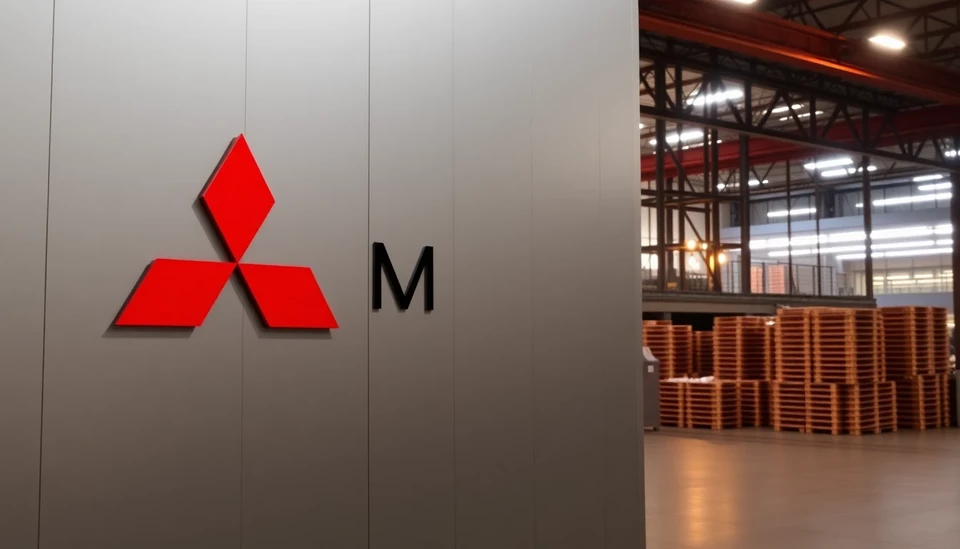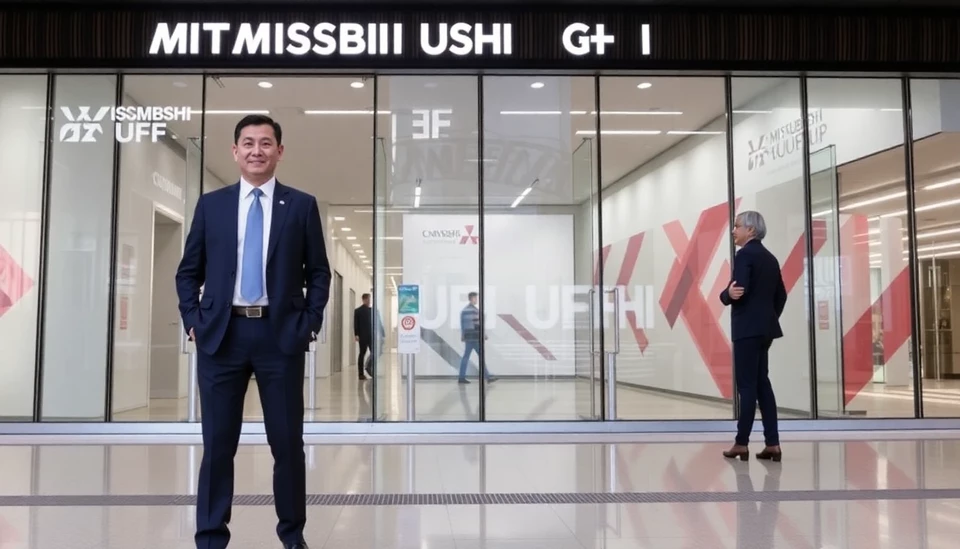
Mitsubishi Corporation, one of Japan's largest trading houses, has decided to withdraw from its metal trading operations in China following a significant fraud incident involving copper. This development marks a pivotal change in the company's approach to its business in one of the world's largest markets for metals.
The decision to exit the Chinese market comes in the wake of revelations that a large quantity of copper, which was reportedly backed by bogus collateral, has raised serious concerns about the integrity of trade practices within the country. This has not only impacted Mitsubishi but has also drawn increased scrutiny from regulators and stakeholders across the metal trading sector.
Fraudulent activity was uncovered when discrepancies were found in inventories backing loans from major banks, revealing that the actual copper supply was inflated by improper documentation and manipulation. In a statement, Mitsubishi expressed their dismay over the situation, highlighting their commitment to ethical trading practices and their determination to maintain a sustainable business model.
The backlash against such fraud has sent ripples through the market, prompting other companies to re-evaluate their own practices in China. The incident has pushed Mitsubishi to reassess its risk management strategies, particularly in environments marked by regulatory challenges and potential malpractices in transactions.
In response to the scandal, Mitsubishi is focusing on strengthening its operations in more reliable markets, where legal and institutional frameworks support fair trading. As a result, the corporation is expected to redirect its resources and investments towards regions perceived as having a more stable and transparent business environment.
This withdrawal also coincides with a broader trend of companies re-evaluating their presence in the Chinese market, driven by escalating regulatory scrutiny and an evolving landscape of trade. The implications of Mitsubishi's exit from China are substantial, potentially leading to broader ramifications for foreign investments in the sector in the coming years.
As the situation develops, many industry analysts are closely monitoring the effects on global metal prices and China’s standing as a dominant force in the global trade of commodities. The fallout from such fraudulent activities could lead to long-lasting changes in how trading is conducted and regulated in China, as companies strive to ensure credibility and trust in their transactions moving forward.
In conclusion, Mitsubishi Corporation's exit from China not only signifies the challenges foreign businesses face in navigating the complexities of the metal trading landscape in the country but also underscores the urgent need for enhanced transparency and accountability in international trade.
As the dust settles, stakeholders and market participants will be watching closely to see how this situation unfolds and to anticipate future trends in the industry.
#Mitsubishi #CopperFraud #ChinaTrade #MetalTrading #BusinessNews #MarketTrends #RegulatoryScrutiny
Author: John Harris




